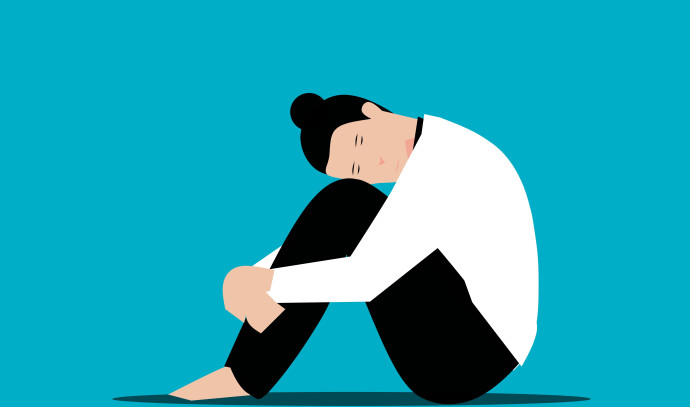One of the more interesting jobs I’ve held was teaching family practice resident physicians about the emotional side of illness. Many family practice residency programs have a significant behavioral science component in their training programs. I taught in two such residency training programs – one in New York at Downstate Medical Center, and the other in Israel at a family medicine clinic in Haifa.
In fact, family medicine prides itself on teaching young physicians a biopsychosocial view of healthcare. Consider the following:
How often do people go to their family physicians complaining of chest pains, backaches, or fatigue just to be told after a checkup that there is nothing wrong, “it’s just stress”? In fact, health authorities would not deny the link between stress, psychosomatic complaints, and organic disease.
Moreover, according to the latest medical research, stress is not some benign complaint to be ignored. According to the American Psychological Association, as many as 70% of primary care visits are driven by patients’ psychological problems, such as anxiety, panic, depression, and stress (Jan. 2014).
In 2010, some 20% of all visits to primary care physicians included at least one of the following mental health indicators: depression screening; counseling; a mental health diagnosis as the reason for the visit; psychotherapy; or provision of a psychotropic drug (Center for Disease Control and Prevention, Nov. 28, 2014).
The father of stress theory, Hans Seyle, viewed stress as the body’s overuse of adrenaline and other hormonal responses to stressful events. An overload of stress could lead to total physiological and psychological exhaustion, bringing on illness and even collapse by the organism. Stress is linked to arteriosclerosis, heart disease and hypertension, allergic and hypersensitivity diseases, some sexual dysfunctions, diabetes, seizure disorders, inflammatory diseases of the skin, ulcers, mental illness, various digestive disorders, and reduced immunity to disease.
What we learn from the scientific community is that the way we manage our stress levels plays a vital role in our health. This finding applies to people of all ages.
Managing stress is essential to your health
CERTAINLY, STRESS is part of our lives and while potentially unpleasant, not all stress is bad. Sometimes stress can signal us to act and do something that needs to be done to solve a problem, remedy a family relationship, or solve a work issue. At the same time, we do need to take breaks from it regularly.
One consequence of stress is that it triggers bad behavioral habits like overeating, smoking and drinking, and/or other drug use, and often results in failure to exercise, and not getting enough sleep.
Some people take their stress out on the road and get speeding tickets, or worse, get into car accidents. Other people bring their stress home and take it out on family members. And, as noted, stress can often lead to depression, anxiety symptoms, and psychosomatic aches and pains.
One of the central sources of couple or family dysfunction is the breakdown in communication between couples/family members because of stress-related problems. Work and careers can create stress for many people; unless they develop the appropriate coping tools in dealing with stress at work, they are at risk of compromising their emotional and physical health.
The key to managing stress effectively is taking lifestyle preventive measures. Exercise, maintain a healthy diet, and get enough sleep. Practicing relaxation exercises like deep breathing, meditation, or mindfulness can be beneficial. Refraining from using tobacco products can help people reduce stress and prevent illness.
One of my favorite health books is Robert Sapolsky’s Why Zebras Don’t Get Ulcers (Henry Holt and Company, New York third edition 2004). Since zebras have to flee from lions on a regular basis, they have a lot of stress. But after the crisis is over, they go back to grazing calmly as usual. People, on the other hand, spend too much of their downtime worrying about the lions in their lives.
So, my advice is to find healthy ways to lower stress levels. Some effective ways are to try to solve problems when they occur and get emotional support to do so when these problems are overwhelming. Sources of help may include speaking to a friend, a family member, a life coach, or consulting with a therapist.
Remember: Stress can take a toll on your mental and physical health. Choosing to manage it rather than letting stress manage you is a wise choice.
The writer is a marital, child, and adult cognitive-behavioral psychotherapist with offices in Jerusalem and Ra’anana, and global online accessibility. [email protected]; www.facebook.com/drmikegropper



